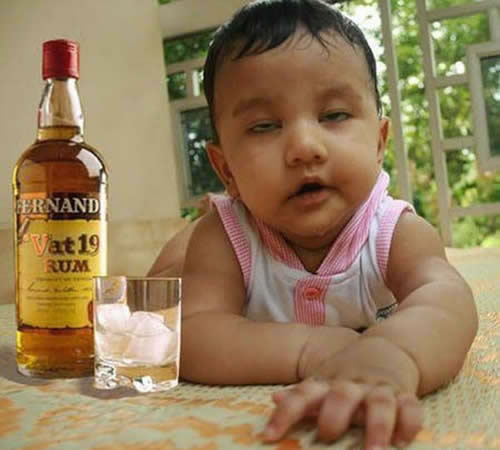Here’s an article I wrote for The Guardian a few weeks ago. This link will take you right there. And while you’re there, check out some of its neighbours in The Guardian’s Autocomplete series. These articles try to provide quick, neat answers to the deep questions we often pose to Google. Or, in their words:
Every day, millions of internet users ask Google some of life’s most difficult questions, big and small. Our writers answer some of the most common queries.
I especially like David Shariatmadari’s piece on depression. And another that might be of interest is David Nutt’s attempt to answer the question Why are drugs illegal?
This reposting is an easy way out of sitting at my desk and pounding out something original. Instead of being productive, I’m supposed to lie on my back on the sofa, which sounds very appealing, because…
I just went to Geneva to attend a conference on Behavioral Addictions. But something very painful happened to my hip soon after I arrived. No, it’s not serious…according to the X-rays and CT scan, but to find that out I spent roughly 15 hours in a hospital in Geneva, moaning, squirming, with a bit of writhing thrown in. The best part of the story has something to do with the irony of lying on a cot, pleading for more morphine, while skipping these cutting-edge talks on addiction. More on that next week.
Sofa, here I come.

Leave a Reply